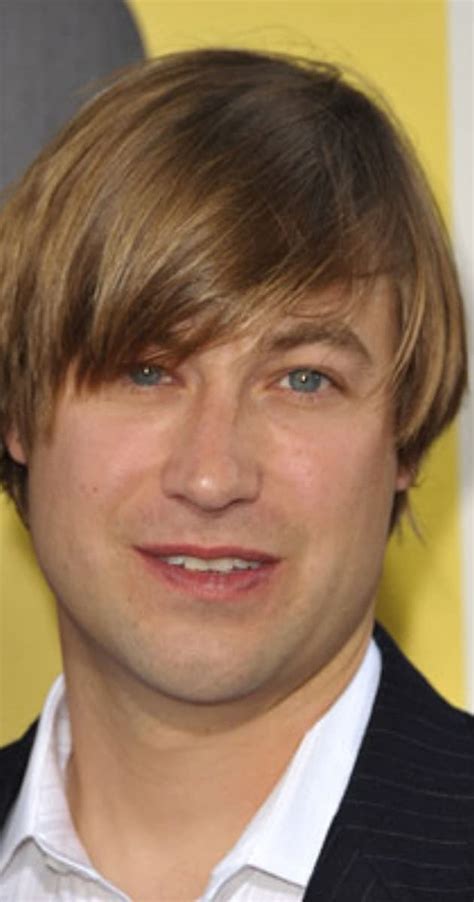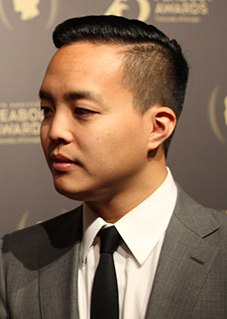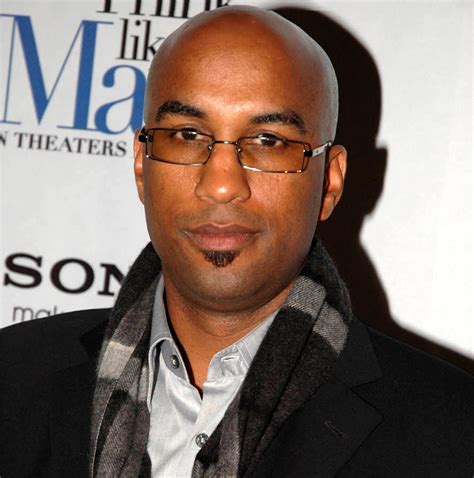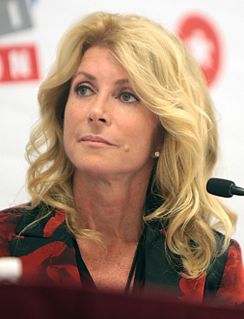Цитата Веры Фармиги
То, что я рассказываю историю о женщине, теряющей веру, не является моим бунтом против того, в чем я вырос. Во всяком случае, это действительно повлияло на то, как я подошел к этой истории, да и вообще ко всему. Я не осуждаю своих персонажей.
Связанные цитаты
Вы должны сделать три вещи действительно хорошо, чтобы сделать успешный фильм. Вы должны рассказать захватывающую историю, которая имеет непредсказуемую историю, которая держит людей в напряжении, когда они не могут дождаться, чтобы увидеть, что произойдет дальше. Затем вы наполняете эту историю действительно запоминающимися и привлекательными персонажами. А затем вы помещаете эту историю и этих персонажей в правдоподобный мир, не реалистичный, но правдоподобный для истории, которую вы рассказываете.
Я думаю, что у людей должна быть история. Когда вы рассказываете историю, большинство людей не являются хорошими рассказчиками, потому что они думают, что это о них самих. Вы должны сделать свою историю, какую бы историю вы ни рассказывали, их историей. Таким образом, вы должны научиться хорошо рассказывать историю, чтобы они могли идентифицировать себя в вашей истории.
Я думаю, что когда я рассказываю историю, я делаю все, что в моих силах, чтобы рассказать историю настолько полно, насколько я могу, и если в истории случаются различные переломы, то это как раз то, что нужно истории. в противоположность моему поиску различий в одной истории. Они просто действительно существуют. Во всяком случае, для меня.
Мне всегда нравились персонажи-аутсайдеры. В фильмах, которые мне нравились в детстве, были более сложные персонажи. Я не имею в виду, что это делает нас лучше или что-то в этом роде. Мне просто нравятся персонажи, которые на самом деле не вписываются. Вы всегда слышите это из студии: «Вы должны иметь возможность болеть за них, они должны нравиться, и зрители должны видеть себя в персонажах». Я чувствую, что это не обязательно правда. Пока у персонажа есть какая-то цель, или взгляд на мир, или перспектива, вы можете следить за этой историей.
Во многом все, что касалось моего воспитания, предписывало мне не писать мемуары, потому что в мире, где я вырос, в Чикаго пятидесятых и шестидесятых годов, был один из ключевых способов протеста против расизма — «мы», имея в виду чернокожих. , вопреки своим стереотипам и оскорблениям, должен был очень тщательно выверить и рассказать историю людей.
Я думаю, поскольку это очень насыщенная история, эпизод «Оправданного в Ганнибале», и мы все слышали ее в каком-то фрейме истории, мы слышали городскую легенду о пробуждении в ванне с отсутствующей почкой. Казалось, что если мы рассказываем историю об извлечении органов, то на самом деле речь шла о быстрой продаже иконографии истории об извлечении органов, а затем о возможности замаскировать это как идеальный способ для Ганнибала Лектера отправиться за покупками для своего меню.
В художественной литературе рассказчик — это игра голоса, и это может быть любой стиль голоса, но меня интересует то, как голос, который знает, что рассказывает историю, на самом деле рассказывает другую историю, чем намеревался. В том смысле, что я могу сидеть здесь и рассказывать вам, что я ел на завтрак, но на самом деле я говорю вам, что у меня роман, что-то в этом роде. И я не думаю, что мой текст прост, но я думаю, что многие мои персонажи просто разговаривают. В этом есть уязвимость, потому что мы можем начать видеть их насквозь, мы можем начать видеть, где они обманывают себя.
Моя история о матери-одиночке-подростке, которая изо всех сил пыталась удержать свою молодую семью на плаву. Это история о молодой женщине, которой была предоставлена драгоценная возможность добиться своего в этом мире. Это история о стойкости, самопожертвовании и настойчивости. И ты чертовски прав, это реальная история.
Чудо-женщина, которую вы видите в «Бэтмене против Супермена», — это женщина, которая была рядом, и она очень опытна. Она многое понимает в мужчинах. Принимая во внимание, что в отдельном фильме мы рассказываем взрослую историю, Диана становится Чудо-женщиной, и это была история, которую никогда раньше не рассказывали.
Когда я говорю о себе, я имею в виду не только цветную женщину, девушку, выросшую в Бронксе, людей, выросших в какой-то мере с экономическими трудностями, не имеющих денег. Это было даже просто так, как мы говорили. Народный язык. Я узнал, что можно сказать «нет». Мои персонажи могут говорить так, как они есть на самом деле, и это создает хорошую историю. Нехорошо заставлять их говорить по-английски, когда на детской площадке никто так не говорит.




































